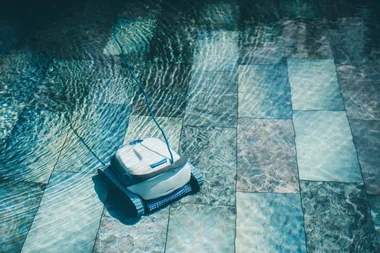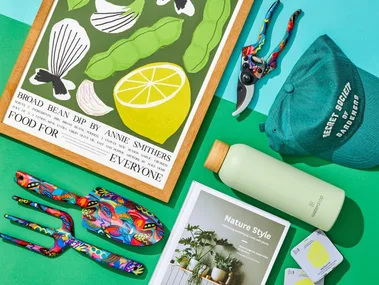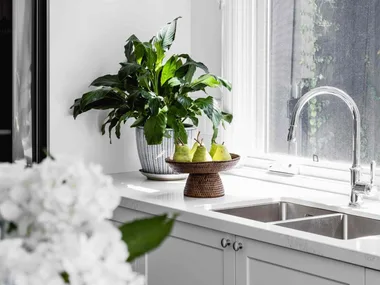Yes, tough mornings call for a cappuccino. But no doubt you’ve felt a bit nervous about your coffee addiction? No need to be.
According to a new study published in JAMA Dermatology, women who regularly consumed caffeinated beverages were less likely to have rosacea – a condition characterised by redness, flushing and visible blood vessels on the face.
Findings suggest that those who drank four or more cups a day showed the strongest defence against the inflammatory skin condition. Those who drank coffee less than once a month were 23 per cent more likely to suffer from the problem.
Participants were questioned on the drinking habits – coffee, tea, carbonated drinks and chocolate. The group of 82,737 women were also asked if they had ever been officially diagnosed with rosacea.
As part of their work, the team of authors analysed self-reported caffeine intake collected between 1991 and either 2005 or the year respondents were diagnosed with rosacea.
Scientists also considered other factors associated with rosacea – smoking, alcohol intake, BMI and physical activity. They also excluded participants who were diagnosed with the condition within four years.
Interestingly, caffeine found in other beverages or chocolate did not reduce the likelihood of rosacea nor decaf coffee. Researchers suggest that not only caffeine but other bioactive compounds found only in coffee could help prevent the onset or symptoms of rosacea through anti-inflammatory characteristics. However, they admit more research is needed.
“This is an observational study, not a randomised clinical trial (RCT), widely considered to be the gold standard in evaluating causal relationships. However, a randomised trial of long-term coffee drinking would be difficult to carry out – recruiting to the control group would be problematic for sure. Without an RCT we must rely on large, prospective cohort studies like this one as the next best option in evaluating these relationships,” write the study authors.
“This study provides evidence that patients with rosacea need not avoid coffee, and it offers all of us 1 more reason to continue drinking coffee regularly. We will raise an insulated travel mug to that!”
You might also like:
Can used coffee beans help your garden
Broccoli coffee: Australian scientists have created a new way to eat your greens
This article originally appeared on Men’s Health
 Getty Images
Getty Images









